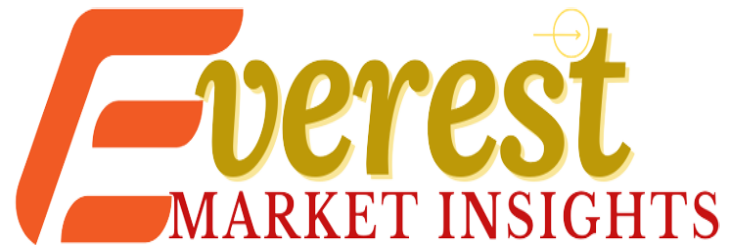Regulatory Landscape and Intellectual Property Rights in the Global Veterinary Active Pharmaceutical Ingredients Market
The veterinary active pharmaceutical ingredients (API) market is subject to a complex regulatory landscape and intellectual property rights (IPR) protection. This is due to the importance of animal health management and the potential impact of veterinary APIs on both animal and human health. In this article, we will explore the regulatory and IPR challenges facing the global veterinary API market.
Regulatory Landscape
The regulatory environment for veterinary APIs varies by country, with different requirements for safety, efficacy, and quality control. In general, regulatory agencies require that veterinary APIs meet the same standards as human pharmaceuticals in terms of safety and efficacy. However, there are some differences in the testing requirements and approval process.
In addition, regulatory agencies are increasingly focused on the impact of veterinary APIs on the environment and the development of antibiotic resistance. This has led to stricter regulations on the use of antibiotics in animal health management and the development of alternative veterinary APIs.
Intellectual Property Rights
Intellectual property protection is essential for innovation and investment in the veterinary API market. Patent protection allows companies to recoup their investment in research and development and incentivizes the development of new veterinary APIs. However, the global nature of the veterinary API market presents challenges for IPR protection.
In many developing countries, there is a lack of effective IPR enforcement, which can lead to the unauthorized production and distribution of patented veterinary APIs. This can reduce the incentives for companies to invest in research and development and limit the availability of innovative veterinary APIs.
In addition, there are concerns about the impact of IPR protection on access to veterinary APIs in developing countries. Some argue that strict IPR protection can limit access to essential veterinary APIs and make them unaffordable for those who need them.
Conclusion
The global veterinary API market is subject to a complex regulatory landscape and IPR protection challenges. Regulatory agencies require veterinary APIs to meet the same standards as human pharmaceuticals, and are increasingly focused on the impact of veterinary APIs on the environment and antibiotic resistance. Patent protection is essential for innovation and investment in the veterinary API market, but the global nature of the market presents challenges for IPR enforcement. Companies operating in the veterinary API market will need to carefully navigate these challenges to protect their investments and ensure the availability of innovative and effective veterinary APIs.
Disclaimer: The views, suggestions, and opinions expressed here are the sole responsibility of the experts. No Everest Market Insights journalist was involved in the writing and production of this article.
